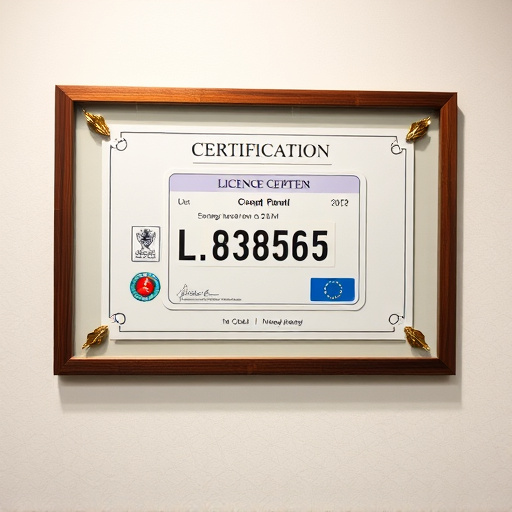Resonance damping is vital for aluminum tube air intake systems (ATAIS) in automotive engineering, addressing vibrations that can harm performance and longevity. Effective damping strategies mitigate resonances, enhancing engine smoothness, reducing noise levels, and preventing metal fatigue in ATAIS—crucial for both high-performance and fuel-efficient vehicles. This ensures the durability of aluminum tube air intake systems, offering improved torque, power, fuel economy, and handling dynamics over an extended period.
Resonance damping, a critical component in automotive engineering, plays a pivotal role in enhancing the performance and longevity of aluminum tube air intake systems. This article delves into the intricate mechanisms behind resonance damping and its profound effects on vehicle dynamics. We explore how this technology contributes to improved durability, specifically focusing on aluminum tube air intake systems, while optimizing engine efficiency and reliability. By understanding these principles, engineers can unlock the full potential of modern automotive designs.
- Understanding Resonance Damping: The Role in Aluminum Tube Air Intake Systems
- Enhancing Durability: How Resonance Damping Contributes to Longevity
- Optimizing Performance: The Impact on Engine Efficiency and Reliability
Understanding Resonance Damping: The Role in Aluminum Tube Air Intake Systems

Resonance damping is a critical aspect of automotive engineering, especially in enhancing the performance and durability of aluminum tube air intake systems. These systems are increasingly popular due to their lightweight nature, which improves vehicle efficiency. However, they also introduce unique challenges, particularly in terms of resonance frequencies that can negatively impact engine performance and noise levels.
Damping plays a vital role in controlling these resonances. By incorporating damping materials or designs into the aluminum tube air intake system, engineers can minimize unwanted vibrations at specific frequencies. This not only improves the overall smoothness of the engine’s operation but also ensures the longevity of the components. Effective resonance damping contributes to the overall durability of these systems, making them a reliable choice for modern vehicles demanding both performance and efficiency.
Enhancing Durability: How Resonance Damping Contributes to Longevity

Resonance damping plays a pivotal role in enhancing the durability of aluminum tube air intake systems, which are increasingly popular among automotive enthusiasts and performance vehicle owners. By mitigating vibrations and resonances that can occur within the intake system, damping mechanisms ensure that components remain intact and functional over extended periods. This is particularly crucial for aluminum, as it’s lightweight yet relatively susceptible to resonance-induced damage compared to more robust materials like steel.
Effective resonance damping contributes to a longer lifespan by preventing metal fatigue and structural failures caused by repetitive stress. In the context of aluminum tube air intake systems, this translates into maintaining optimal performance and efficiency throughout the vehicle’s lifecycle. Moreover, well-damped intake systems can reduce noise levels, providing a quieter driving experience—a significant advantage for both off-road adventures and daily commutes.
Optimizing Performance: The Impact on Engine Efficiency and Reliability

Resonance damping plays a pivotal role in optimizing performance, particularly in automotive engineering. By employing advanced materials like durable aluminum tube air intake systems, engineers can significantly enhance engine efficiency and reliability. These systems are meticulously designed to manage and reduce unwanted vibrations, ensuring a smoother flow of air into the engine. The impact is twofold: first, it improves the overall efficiency by allowing the engine to breathe easier, leading to better torque and power outputs. Second, the controlled resonance dampening minimizes stress on various components, thereby increasing their longevity and reducing the likelihood of failure.
Durable aluminum offers a lightweight yet robust alternative to traditional materials, contributing to improved fuel efficiency and handling dynamics. The seamless integration of resonant damping technologies within these air intake systems creates a harmonious synergy between performance and reliability. This approach not only benefits high-performance vehicles but also has positive implications for everyday drivers, ensuring their engines operate at peak condition for extended periods.
Resonance damping plays a pivotal role in enhancing the performance and longevity of aluminum tube air intake systems. By understanding and effectively managing resonance, these systems can achieve optimal efficiency and reliability. The benefits extend beyond improved engine performance; resonance damping contributes significantly to the overall durability of the air intake system, ensuring it stands the test of time in demanding automotive environments.














